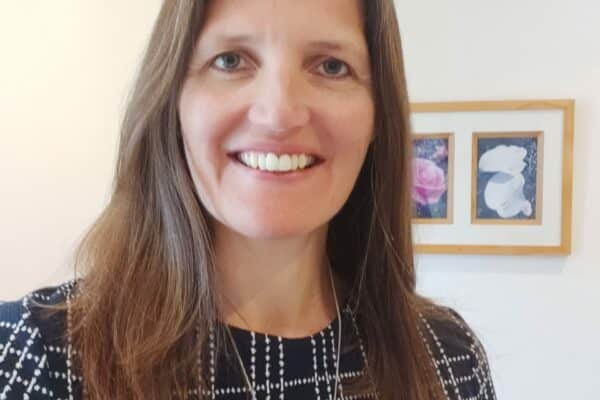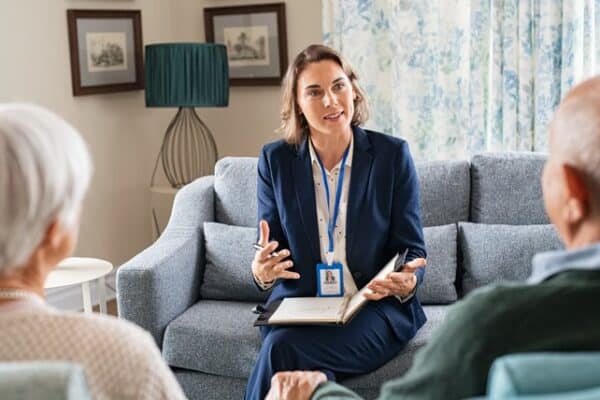Hi i am wondering if care company, nurses, Dr etc can visit my grandmother who has vascular dementia without notifying me or allowing me present as I’m her LPA, I’ve just found out that the care company visited her today for a care review without notifying me first, this has since caused my grandmother undue stress as she doesn’t understand why they were there and even told them she doesn’t need carers, which unfortunately is not true, I just want to be clear on if they overstepped the mark.
You haven’t said whether your lasting power of attorney (LPA) powers cover ‘property and financial’ decisions, or ‘health and welfare’ ones – or if you have both. I assume that your grandmother’s LPA has been registered with the Office of the Public Guardian (OPG): for information on making and registering LPAs see the OPG website.
If it is registered, and if your grandmother lacks capacity to make decisions about her care needs, you should have been involved in the care review or at least invited to give your views on how well the care package is meeting her needs.
As you say, she was confused and upset without you there. Whatever type of LPA you hold, she has identified you as someone she trusts to make decisions in her best interests if she is unable to make them for herself. And it is possible that you are indeed the decision-maker for certain decisions, depending on the details of your powers.
Remember that if you are making decisions using LPA powers, you must by law make them in your grandmother’s best interests and in accordance with the Mental Capacity Act (MCA): for what this means, do read the MCA code of practice, especially chapter 7, which is all about LPAs, and chapter 5, best interests decision-making.
I suggest that you raise this in a friendly way with the care provider in this first instance. It is likely that leaving you out was an oversight, or even that the care provider simply didn’t know about your grandmother’s LPA.
It’s your responsibility to send copies of the registered LPA to the agencies and professionals who needs to know about it. You will find your role much easier if the doctors, social workers, nurses, and carers, who are working with your grandmother, are clear about the powers you have been given, and what kind of decisions you can make on her behalf. So, it is up to you to make sure they all know; it is then their responsibility to reflect this is their practice.







